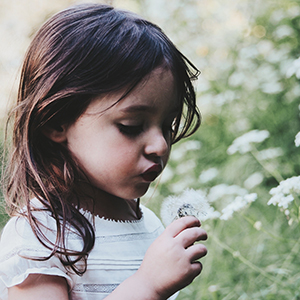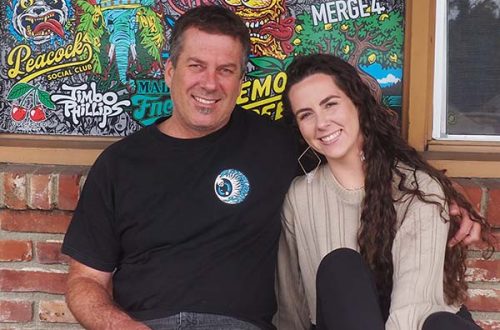Relinquishing
BY LISA CATTERALL
 She decided to free herself, dance into the wind, create a new language. And birds fluttered around her, writing “yes” in the sky.
She decided to free herself, dance into the wind, create a new language. And birds fluttered around her, writing “yes” in the sky.
With their beautiful markings, exotic eyes and streamlined shape, White-tailed Kites almost seem like a fantasy bird, dreamed up by a writer doing a story about wizards and dragons. They have long white wings, flashing red eyes, and they are the shape of a falcon. They have a unique ability to hover in the midst of wind in one place, waiting for their prey to pass beneath. They also love storms. While many animals hunker down in their burrows or under their umbrella tails (squirrels) and leaves (butterflies), the kite will sometimes relinquish its need for comfort and dance and hunt in the rain.
Adversity has hit like a storm, perhaps the biggest storm many of us have weathered. As the storm appeared on the horizon, I heard a cacophony of panic which has begun to be called “panic-gogy” among education bloggers, or the pedagogy of panic. While people cannot relinquish their ties to so many things they took for granted before COVID-19 appeared, and are waiting for the return of “normal,” many of us teachers could not relinquish the beautiful grand finale we had planned for the school year. We all create a crescendo, or a cathartic moment in which the curriculum becomes a complete story and we gather our reflections and sum up everything we’ve learned in this beautiful cycle called a school year. It’s our moment with this year’s group, whom we have learned to love. It’s our MOMENT.
Who can relinquish that easily?
As we humans have retreated into our dens and under our metaphorical umbrellas, wondering when we can emerge, our real waterways and our air and our open spaces have been relinquished. Dolphins swim in the canals of Venice, wild snowy white goats roam the streets in packs in the towns of England, and the peaks of the Himalaya, long obscured by pollution, stand majestically visible over the cities of China. The waterways in Watsonville have filled with white pelicans, cranes, and dinosaur-like birds I’ve never seen, all taking up residence right below people’s yards.
My family has relinquished many things in the last month. We’ve let go of the security of knowing exactly what we’re going to be able to procure from the store on a regular basis. We’ve uprooted our ornamental landscaping and planted a garden instead, and called our local farms and eaten whatever they can sell us. We’ve relinquished our sole dependence on the expertise of trained teachers at a critical time in our children’s development and have made tiny baby steps towards educating them ourselves. We’ve relinquished our need to be perfect at it. In the process, we know our kids better.
With my students, I’ve stopped hovering and pushing against the wind and I’ve relinquished myself to the storm. We are dancing with it, with humor and camaraderie. We are no longer clinging on to the normal, and we are no longer panicking. There are new ways to meet, to bond, to progress, and they are not the same ways. Although I have a lot of training in teaching online and the tools, I feel like I am a first year teacher all over again. The possibility is that with a clean slate, the meeting of teacher and student can become about the joy of learning and the practice of human connectedness, and not about delivering a particular curriculum.
As we all relinquish “normal,” “as expected,” and “predictability,” and schools retreat from requiring standard curriculum delivery this semester, and are admitting openly that equity among students is not certain, compassion and understanding can fill the void. As many institutions and governing bodies are advising schools to step back and to focus on supporting mental health and families at this time, I hope that focus will always continue. I hope the dolphins and birds and goats and mountains continue to reclaim their place in the landscape of Earth, and I hope compassion continues to grow and blossom in teaching. Meanwhile we will dance in the storm.
Lisa Catterall teaches STEAM, math, science, and art at Mount Madonna School and is a senior associate of the Centers for Research on Creativity. She lectures and trains teachers and administrators on innovation in education in Beijing, China. Lisa has five children and lives in Santa Cruz County.






